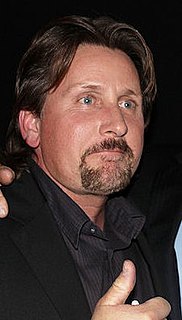A Quote by Jose Saramago
A writer's definitive death is when no one reads his books anymore. That's the final death.
Related Quotes
Someone's killed 100,000 people. We're almost going, "Well done! You killed 100,000 people? You must get up very early in the morning! I can't even get down the gym. Your diary must look odd: 'Get up in the morning, death, death, death, death, death, death, death - lunch - death, death, death - afternoon tea - death, death, death - quick shower ...' "
The religious man, the mystic, tries to explore the mystery of death. In exploring the mystery of death, he inevitably comes to know what life is, what love is. Those are not his goals. His goal is to penetrate death, because there seems to be nothing more mysterious than death. Love has some mystery because of death, and life also has some mystery because of death.
I yearn for the darkness. I pray for death. Real death. If I thought that in death I would meet the people I've known in life I don't know what I'd do. That would be the ultimate horror. The ultimate despair. If I had to meet my mother again and start all of that all over, only this time without the prospect of death to look forward to? Well. That would be the final nightmare. Kafka on wheels.
[N]either in war nor yet at law ought any man to use every way of escaping death. For often in battle there is no doubt that if a man will throw away his arms, and fall on his knees before his pursuers, he may escape death; and in other dangers there are other ways of escaping death, if a man is willing to say and do anything. The difficulty, my friends, is not in avoiding death, but in avoiding unrighteousness; for that runs faster than death.
Everybody is afraid of death for the simple reason that we have not tasted of life yet. The man who knows what life is, is never afraid of death; he welcomes death. Whenever death comes he hugs death, he embraces death, he welcomes death, he receives death as a guest. To the man who has not known what life is, death is an enemy; and to the man who knows what life is, death is the ultimate crescendo of life.
There is an essential difference between the decease of the godly and the death of the ungodly. Death comes to the ungodly man as a penal infliction, but to the righteous as a summons to his Father's palace. To the sinner it is an execution, to the saint an undressing from his sins and infirmities. Death to the wicked is the King of terrors. Death to the saint is the end of terrors, the commencement of glory.





































